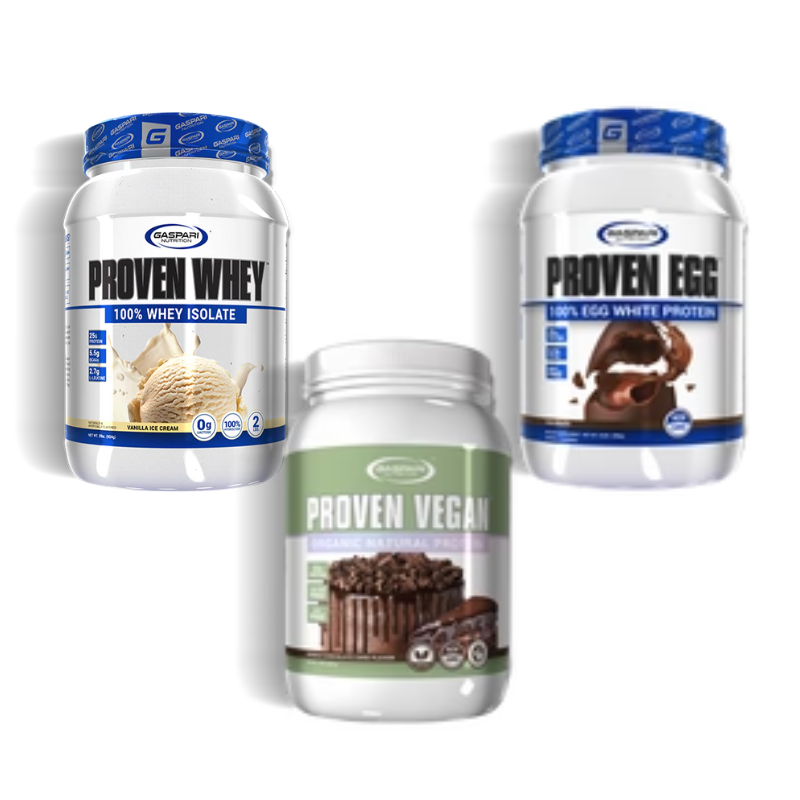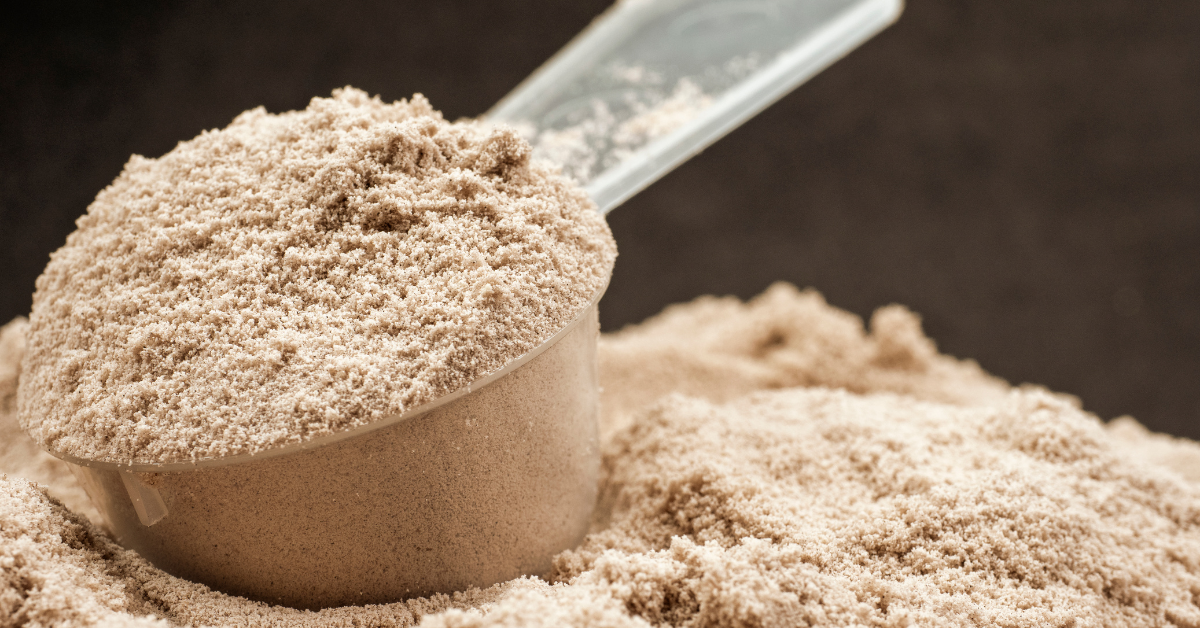Maximize the freshness and quality of your protein powder with expert storage tips—and discover the best long-lasting options from Gaspari Nutrition.
Is Your Protein Powder Still Good? Here’s What You Need to Know
If you’re a fitness enthusiast, chances are you have a tub (or two) of protein powder sitting in your pantry. But how do you know if it’s still good to use? Does protein powder expire, and what are the signs that it’s gone bad?
The good news: High-quality protein powder has a long shelf life, especially when stored correctly. The better news: Gaspari Nutrition offers premium protein formulations designed to maintain freshness and potency for longer periods.
Let’s break down how long protein powder lasts, how to store it properly, and what to do if you think yours has expired.
Different Types of Protein Powders

How Long Does Protein Powder Last? Understanding Shelf Life
Most protein powders come with an expiration or “best by” date printed on the packaging. However, this doesn’t necessarily mean the product goes bad immediately after that date—it’s just the manufacturer’s guarantee of peak quality.
Factors That Affect Shelf Life:
-
Protein Type:
- Whey and casein proteins typically last 12-18 months.
- Plant-based proteins can last 18-24 months.
- Gaspari’s Proven Whey uses advanced hydrolysis to improve shelf stability.
-
Ingredients & Additives:
- Artificial sweeteners and preservatives extend shelf life.
- Minimal fillers = better stability.
- Gaspari Nutrition’s protein powders are formulated with minimal fillers to ensure freshness and purity.
-
Storage Conditions:
- Heat and humidity shorten shelf life.
- Gaspari’s resealable packaging helps protect against spoilage.
Can Protein Powder Go Bad? Signs of Spoilage
Even with proper storage, protein powder can degrade over time. Here’s how to tell if your protein powder has gone bad:
✅ Smell: A rancid or sour odor is a clear sign of spoilage.
✅ Texture: Clumps or a sticky consistency could mean moisture exposure.
✅ Taste: If it tastes off or different from when you first opened it, toss it.
✅ Color Change: Darkening or discoloration can indicate oxidation.
✅ Mold or Bugs: If you spot any, it’s time to say goodbye!
🔥 Pro Tip: To avoid these issues, store your protein powder in an airtight container, away from heat and moisture.
💪 Want a protein powder that stays fresh longer? Check out Gaspari’s premium protein lineup.
How to Store Protein Powder for Maximum Freshness
Proper storage can extend the life of your protein powder significantly. Follow these simple storage tips to maintain freshness:
🔹 Keep it cool & dry – Store in a pantry or cabinet away from direct sunlight.
🔹 Use an airtight container – Exposure to air accelerates spoilage.
🔹 Don’t store in the fridge/freezer – Temperature fluctuations can cause condensation.
🔹 Check for clumping – If powder sticks together, moisture may have compromised it.
✅ Gaspari Nutrition protein powders come in resealable, high-quality packaging that helps maintain freshness and prevent spoilage.
Best Protein Powders for Longevity & Freshness
Want a protein powder that delivers results and stays fresh? Here are Gaspari Nutrition’s best options:
🔥 Proven Whey – Hydrolyzed whey protein isolate for faster digestion & longer shelf life.
🥚 Proven Egg – Dairy-free, naturally long-lasting, and ideal for extended storage.
💪 Myofusion – Advanced enzyme technology keeps it fresh while maximizing absorption.
💡 Pro Tip: High-quality ingredients and minimal fillers = longer-lasting protein powder. That’s why Gaspari Nutrition proteins outlast and outperform most competitors.
Final Verdict: Should You Use Expired Protein Powder?
If your protein powder has passed the “best by” date but shows no signs of spoilage, it’s probably still safe to use. However, if the smell, taste, or texture is off, don’t take chances—replace it with a fresh tub.
💪 Want a protein powder that stays fresh and delivers results?
👉 Check out Gaspari Nutrition’s protein lineup today!
Frequently Asked Questions
Can I use protein powder after its expiration date?
While it's generally not recommended to consume expired protein powder, if stored properly, it can still be safe to consume for a short period after its expiration date. If it smells and tastes normal, it's likely fine to use, but always prioritize safety and quality for optimal health benefits.
How can I extend the shelf life of my protein powder?
Proper storage is key to extending the shelf life of your protein powder. Store your protein powder in a cool, dry place, away from moisture, heat, and sunlight. Once opened, transfer the remaining powder to a sealed container, and remember to check the expiration date regularly. Aim to use opened containers within 3-4 months to ensure optimal quality.
What happens if I consume bad protein powder?
Consuming expired or spoiled protein powder could lead to temporary digestive upset, including symptoms like bloating, gas, and diarrhea. If you experience severe or persistent digestive problems after consuming protein powder, it's advisable to seek medical attention. To prevent potential health issues, regularly check your protein powder for signs of spoilage and replace any that smells bad, appears clumpy, or is past its expiration date.













































































Share:
Revealed: How to Get a Bigger Booty and Thighs
Myths and Facts: Will Protein Powder Make You Gain Weight?